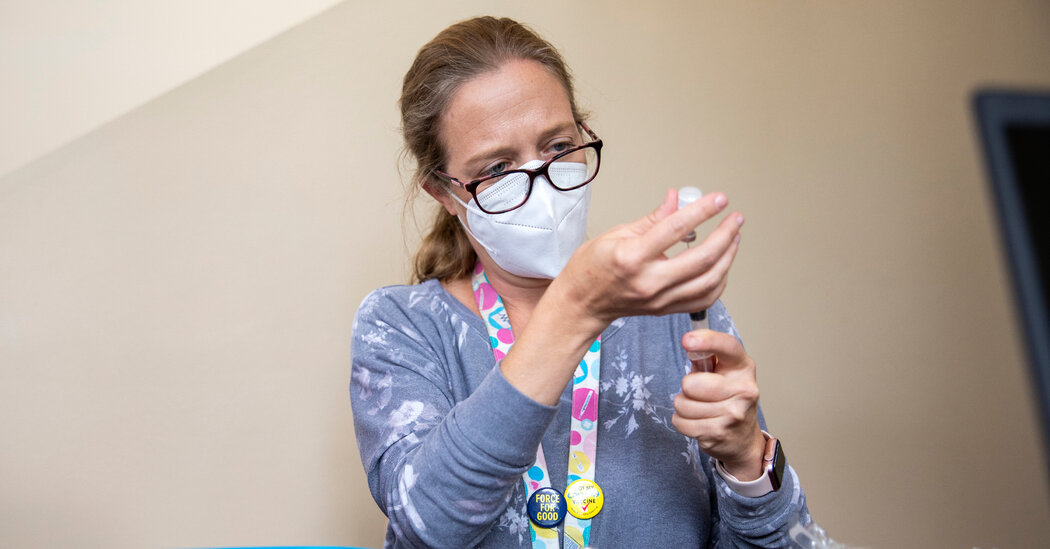Many of the men Dr. Amarasekera sees at the program’s two clinics — one in downtown Chicago and the other in the historically gay Northalsted neighborhood — are unprepared to face yet another health crisis. One of them is a 59-year-old lawyer in Chicago who is H.I.V.-positive, and who said he was not fully warned about how the removal of his prostate would affect his body.
“There is a wasting,” said the lawyer, who asked not to be quoted by name because not all of his family members were aware of his H.I.V. status. “There’s a feminization of the body, shrinking of the genitals.”
The health care system, he said, “marginalizes gay men, particularly when it comes to sexual health, and the prostate is so linked to sexual health in gay men. It’s a sexual organ, and it’s been removed.”
“A previous urologist simply said, ‘Go forward and enjoy your life, and bye,’” the lawyer said.
Gary Dowsett, emeritus professor at the Australian Research Centre in Sex, Health and Society at La Trobe University in Melbourne, Australia, said such treatment, while not meant to be callous, is not uncommon. It’s just that many urologists don’t realize that the prostate is “kind of a male ‘G spot,’” and gay men more often are aware of it.
“If they do not understand the role of the prostate in sexual pleasure, it’s rarely a priority discussion,” said Dr. Dowsett, a prostate cancer survivor himself, said of urologists. “The focus is usually on continence and erections, as if sex starts and ends there.”
Jane Ussher, a professor at the Western Sydney University School of Medicine in Australia, has been studying the effects of cancer in gay men for 20 years.
Source : Nytimes













